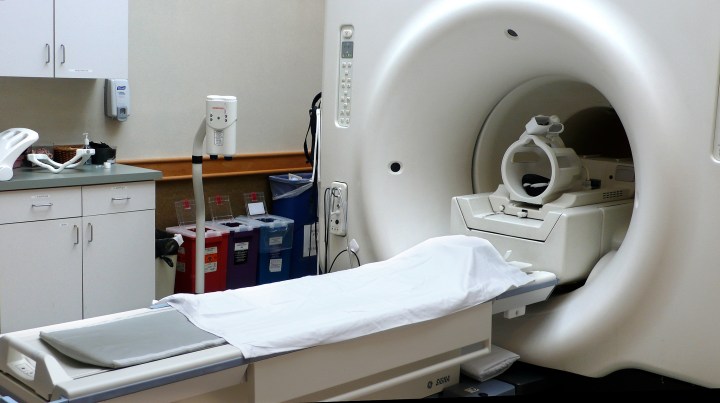
Although important in identifying and diagnosing a range of diseases, from various cancers to joint disease, MRIs aren’t a great experience for a lot of people. The process involving squeezing into a tight space while radio waves scan our bodies, plus the worry of what the scan might reveal, can combine to create an extremely stressful situation.
Johnathan Hewis, an investigator working out of Australia’s Charles Sturt University, recently analyzed more than 450 tweets related to MRIs over a monthlong period. Tweets were categorized among three themes: MRI appointment, scan experience, and diagnosis. In addition to the analysis of tweets describing the actual experience — the sounds patients hear and the feelings of claustrophobia – the team was able to monitor tweets leading up to and following the MRI to get an idea of how patients anticipate the scan and how they feel afterward.
A common complaint, according to the study, was that patients weren’t able to select the music playing during the MRI. While a seemingly minor detail of the process, Hewis notes that allowing the patient his or her choice of music could be the key to less anxious MRI patients. “Music choice is a simple intervention that can provide familiarity within a terrifying environment,” he says.
The team also found among the stressful tweets, a number of supportive messages from friends and family members. Other positive tweets included patients praising their doctors and medical facilities, to some even appreciating the MRI as an opportunity to relax or nap.
Because of the enormous popularity and ubiquitous nature of Twitter and other social networks, they are increasingly becoming significant data mines in the medical field. From analyzing tweets to determine how many people are getting vaccinated, to using the data to rate a hospital’s trustworthiness, Twitter has become a social tool perfect for improving lives, even in the world of MRIs.


